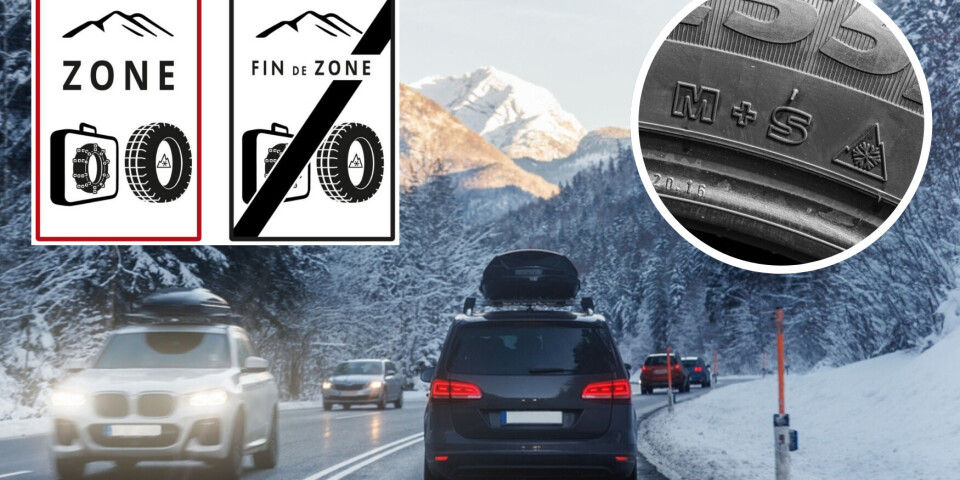-
Air France expands US schedule with direct Paris-Las Vegas route
Airline now offers 19 US destinations
-
2025 small business VAT reform definitively cancelled after Senate vote
New 2026 proposals remain on table but likely to be struck out as MP debates get underway
-
Small drop in percentage of French visa applications being declined
Roughly one in every six visa requests refused in 2024
France rules out health checks on older drivers
Drivers over the age of 75 in France will not be required to have a medical exam in order to keep their driver’s licence, in contrast to some other Europe countries, it has been confirmed.

The debate on the issue was reignited after an accident involving an 85-year-old driver that resulted in the death of a 15-month-old girl in Corrèze (Nouvelle-Aquitaine) in 2018.
But transport minister Elisabeth Borne has now ruled out the possibility of requiring senior drivers to undergo a medical test, or for their driving licences to be restricted in any way.
French law already states that people with a medical condition that could affect their driving should not be able to drive, and must declare any new conditions. For example, in the event of severe epilepsy or diabetes, people found to be at risk can have their licence taken away or not renewed.
Drivers must declare all medical states that could affect their driving. If they do not, and there is an accident, they risk being found personally entirely responsible for the incident.
Under article R. 221-14 of the French road code, la code de la route, relatives of drivers who may pose a risk are already enabled to declare their relative’s medical problem for them, and require the relative to take a medical test to prove that they may (or may not) keep their licence.
In 2018, ministers in the road safety committee la Comité Interministériel de la Sécurité Routière also concluded that doctors should be encouraged to discuss the issue with their patients more often.
Doctors and medical staff are now invited to take part in training on the subject - provided by local authorities and medical insurance companies - to raise their awareness of the issue and to ensure they feel more comfortable talking about it with patients who may be at risk.
The French position on the issue differs from that of some other European countries, whose laws range from voluntary signalling of a problem, to mandatory driving test resits for some people over a certain age.
Stay informed:
Sign up to our free weekly e-newsletter
Subscribe to access all our online articles and receive our printed monthly newspaper The Connexion at your home. News analysis, features and practical help for English-speakers in France
























